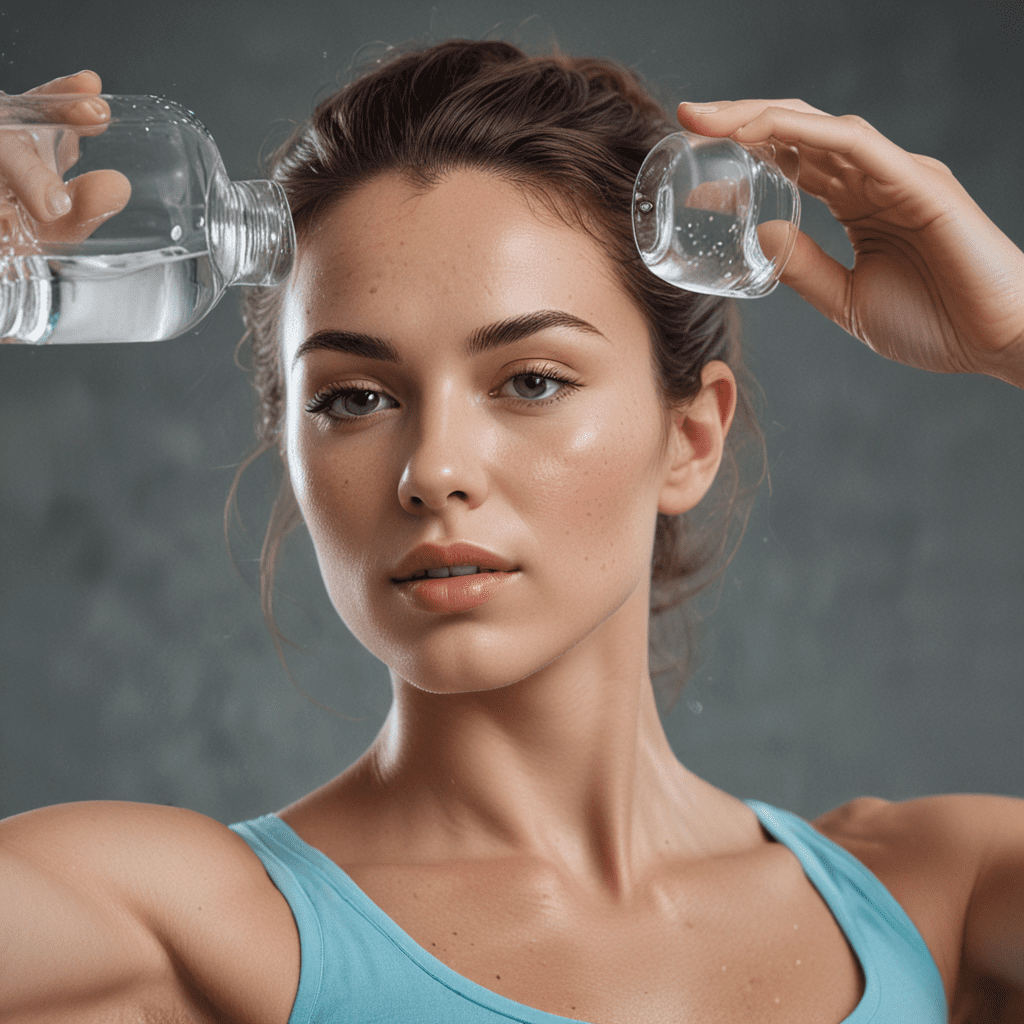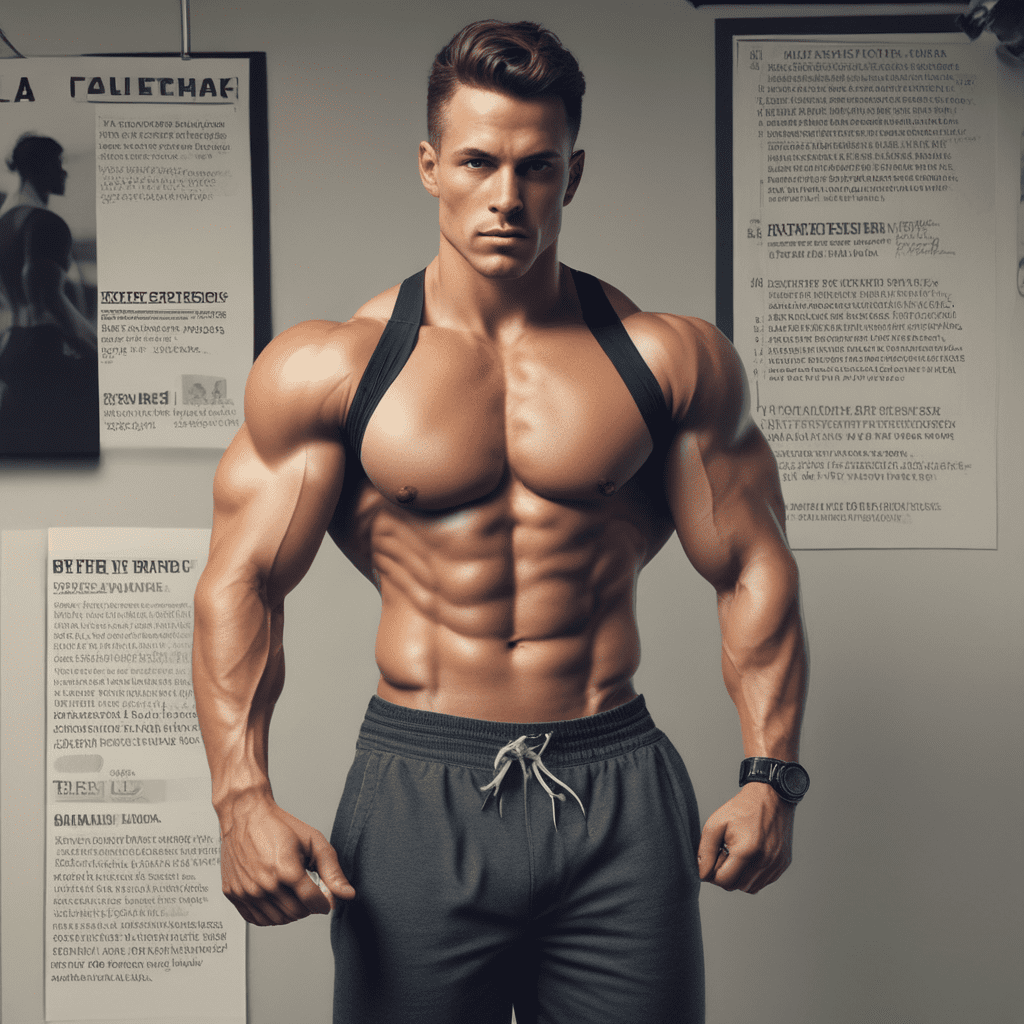
Introduction
Water is an essential nutrient for our bodies, and it plays a vital role in maintaining the health and appearance of our skin. When we are dehydrated, our skin becomes more susceptible to damage and premature aging. On the other hand, staying hydrated can help slow the skin aging process and keep our skin looking its best for longer.
The Role of Water in Skin Health
Water is the most abundant substance in the human body, making up about 60% of our total weight. It is found in every cell, tissue, and organ in the body, including our skin. Water is essential for many important bodily functions, such as:
- Regulating body temperature
- Transporting nutrients and oxygen to cells
- Removing waste products from the body
- Protecting cells from damage
- Lubricating joints
- Keeping skin hydrated
Dehydration and Its Impact on Skin Aging
When we are dehydrated, our bodies do not have enough water to perform these essential functions. As a result, our skin can become dry, rough, and flaky. Dehydrated skin is also more prone to wrinkles, fine lines, and other signs of premature aging.
How Hydration Can Slow Skin Aging
Staying hydrated is one of the most important things we can do to slow the skin aging process. When we are well-hydrated, our skin is better able to:
- Repair itself from damage
- Fight off infection
- Produce collagen and elastin, two proteins that give skin its strength and elasticity
- Protect itself from the damaging effects of free radicals
- Maintain a healthy skin barrier, which prevents water loss and protects the skin from environmental damage
Water's Role in Collagen and Elastin Production
Collagen and elastin are two essential proteins for maintaining youthful-looking skin. Collagen provides skin with its strength, while elastin gives it its elasticity. As we age, our bodies produce less collagen and elastin, which leads to wrinkles, fine lines, and sagging skin.
Staying hydrated can help slow the decline in collagen and elastin production. Water is necessary for the production of these proteins, and it also helps create a healthy environment for them to thrive.
6. Water's Protection Against Free Radicals
Free radicals are unstable molecules that can damage cells and DNA. They are produced by a variety of factors, including exposure to sunlight, pollution, and smoking. Free radicals can contribute to skin aging by breaking down collagen and elastin, and by damaging the skin's DNA.
Staying hydrated can help protect the skin from free radical damage. Water helps to neutralize free radicals, and it also helps create a healthy environment for the skin's natural antioxidants to thrive. Antioxidants are molecules that help to protect cells from damage by free radicals.
7. Water's Effect on Skin Elasticity and Firmness
As we age, our skin loses its elasticity and firmness. This is due to a decrease in the production of collagen and elastin. Staying hydrated can help maintain skin elasticity and firmness by supporting the production of these proteins. Water also helps to keep the skin hydrated, which makes it more resilient and less likely to wrinkle.
8. Water's Contribution to a Healthy Skin Barrier
The skin's outer layer, the epidermis, acts as a barrier to protect the body from the environment. This barrier is made up of cells that are held together by lipids (fats). When the skin is dehydrated, the lipids in the epidermis can become damaged, which can lead to a breakdown of the skin barrier.
Staying hydrated helps to maintain the integrity of the skin barrier by keeping the lipids in the epidermis healthy. A healthy skin barrier helps to protect the skin from environmental damage, such as exposure to sunlight, pollution, and harsh chemicals.
9. Tips for Staying Hydrated for Skin Health
There are several simple things you can do to stay hydrated and improve your skin health. These include:
- Drink plenty of water throughout the day. Aim for eight glasses of water per day, but more if you are exercising or sweating heavily.
- Eat fruits and vegetables that are high in water, such as watermelon, strawberries, cucumbers, and spinach.
- Avoid sugary drinks, such as soda and juice, which can dehydrate you.
- Moisturize your skin regularly with a moisturizer that contains humectants, such as hyaluronic acid or glycerin. Humectants are ingredients that help to draw moisture into the skin.
10. Conclusion
Water is essential for maintaining healthy, youthful-looking skin. Staying hydrated can help slow the skin aging process by supporting the production of collagen and elastin, protecting the skin from free radical damage, and maintaining the integrity of the skin barrier. By following the tips above, you can stay hydrated and improve your skin health for years to come.
FAQ
Q: How much water should I drink per day?
A: Aim for eight glasses of water per day, but more if you are exercising or sweating heavily.
Q: What are some good sources of water?
A: Good sources of water include plain water, sparkling water, and unsweetened tea.
Q: What are some signs of dehydration?
A: Signs of dehydration include thirst, dry mouth, fatigue, headache, and dizziness.
Q: What are some tips for staying hydrated?
A: Tips for staying hydrated include drinking plenty of water throughout the day, eating fruits and vegetables that are high in water, and avoiding sugary drinks.


